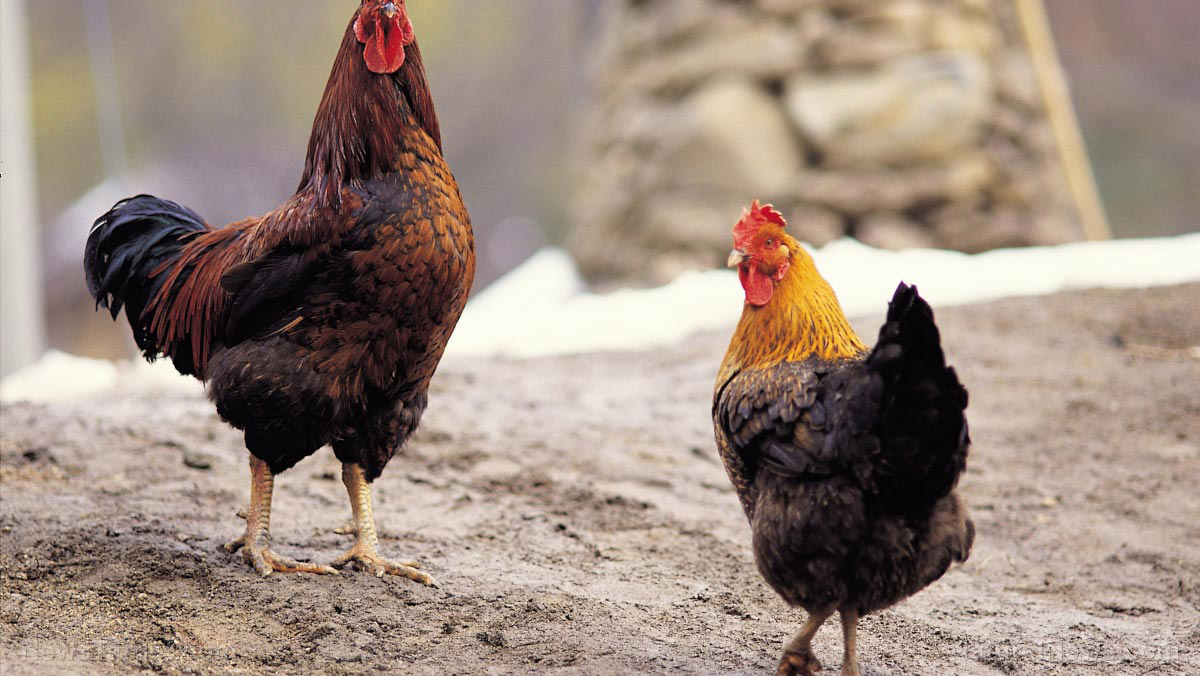
In a recent study, researchers from Newcastle University's School of Natural and Environmental Sciences in the U.K. found that marigolds have a chemical called limonene that naturally repels insects – particularly tomato whiteflies. Whiteflies are small, moth-like insects that feed on plant sap. They cause severe losses to various crops by transmitting plant viruses and encouraging mold growth.
The researchers discovered that limonene emits a strong odor that slows down whiteflies and prevents them from hosting on tomato plants. But unlike most commercial pesticides, the limonene in marigolds does not kill the pest that is targeted. For this reason, using the chemical would not lead to resistance. Better still, the researchers found that it does not affect the quality of the produce.
The researchers explained that limonene can potentially be used indoors and outdoors – either by planting marigolds near tomatoes or by using pods of pure limonene. The former may offer an additional benefit; marigolds can provide nectar for pollinating bees. For the latter, the researchers suggested that it may be possible to develop a product containing pure limonene that can be hung in glasshouses to daze pests that are exposed to the compound. They also found that other non-host plants that whiteflies do not like, aside from marigolds, can repel them.
"This is exciting because limonene is inexpensive, it's not harmful and it's a lot less risky to use than pesticides, particularly when you don't apply it to the crop and it is only a weak scent in the air," said Niall Conboy, one of the study’s lead researchers.
The researchers tested the repellent effect of marigolds. They established that marigolds are an effective companion plant to tomatoes to keep whiteflies away. Furthermore, they used a machine that enabled them to assess the gaseous and volatile chemicals released by marigolds. Through this, they identified which chemical the marigolds released. The team published their findings in the journal PLOS One. (Related: Mexican marigold essential oil holds potential as powerful natural herbicide.)
More reasons why you should plant marigolds in your garden
The humble marigold can add color and beauty to your garden. They have daisy- or carnation-like flowerheads that are produced singly or in clusters. They vary in color, depending on the variety: They range from creamy, pale yellow to bright yellow, orange, or variegated reds and oranges.
Another reason why marigolds are a great addition to your garden is that they are low-maintenance plants. They are easy to care for and will continue to grow even in different seasons. They can even withstand droughts and frosts.
How to plant marigolds
All types of marigolds can be grown as annuals or perennials in USDA zones 9 to 11. You can choose seeds or seedlings for fast-growing marigolds.
You can plant marigolds using the naturalistic approach – strew seeds randomly throughout your garden, in open spaces, in the front, back, and between vegetables. The same method applies when planting seedlings. For a more orderly garden, strew the seeds or place the plants in a single row, or even double or triple row to create a more lush look – that is if you have space.
Marigolds need full sun, at least six hours a day. When it comes to watering, marigolds may need less water than the vegetables in your garden. Only water them directly when the soil turns dry, and let them gather water indirectly from nearby plants.
Sources include:
Please contact us for more information.






















